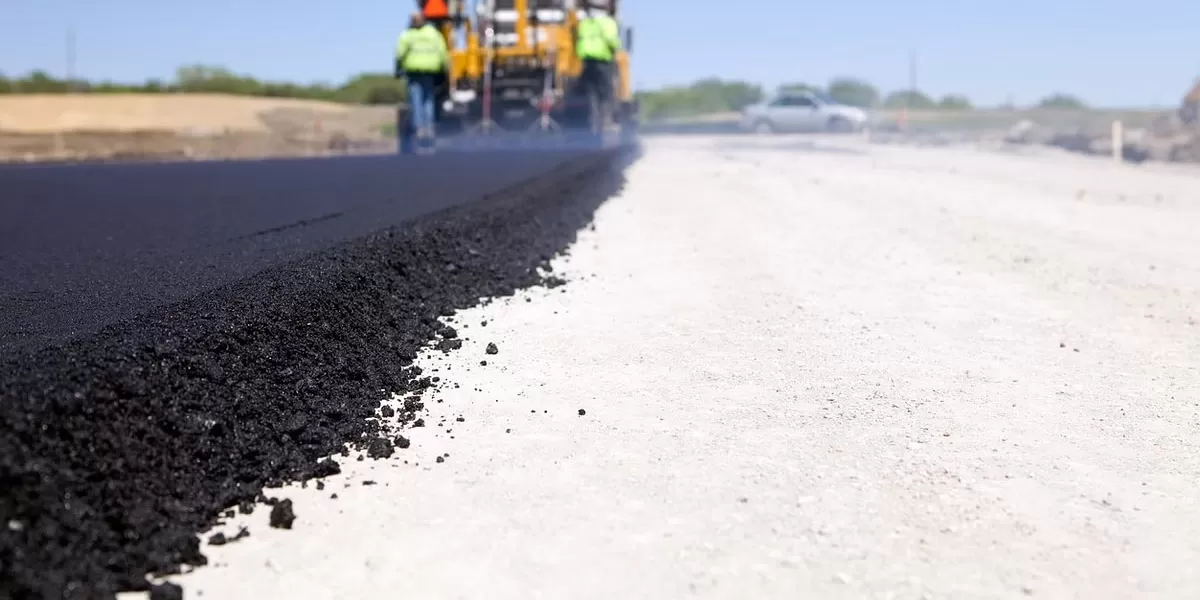
Centre Approves Use of Waste in Highway Construction

Poonawalla Fincorp deploys five new AI solutions in digital drive
Poonawalla Fincorp Limited (PFL), a Cyrus Poonawalla Group-promoted non-banking financial company (NBFC) focused on consumer and MSME lending, has announced the launch of five new AI-powered solutions as part of its enterprise-wide digital transformation strategy. The new systems—Early Warning System (EWS), Travel Bot, RegIntel, Employee Relations (ER) Governance Tool, and AI-based Suspicious Transaction Reporting (STR)—aim to embed artificial intelligence across PFL’s core operations. This initiative goes beyond automation to create intelligent, scalable, and compliance-ready systems t..

HGS launches AI-driven Interaction Intelligence solution
Hinduja Global Solutions (HGS), listed on the BSE and NSE, has announced the launch of Interaction Intelligence—an enterprise-grade artificial intelligence (AI) solution built on the HGS Agent X framework. The platform redefines quality assurance (QA) by transforming it from a routine customer service task into a strategic capability that delivers actionable insights and deeper understanding of customer sentiment. In an era of growing customer expectations for seamless, personalised, and proactive engagement, the Interaction Intelligence solution enables enterprises to analyse nearly 100 pe..

Godrej Properties secures RERA nod for Worli luxury project
Godrej Properties Ltd (GPL), one of India’s leading real estate developers, has received project registration from the Maharashtra Real Estate Regulatory Authority (MahaRERA) for its upcoming residential project, Godrej Trilogy, in Worli, Mumbai. The development forms part of a joint redevelopment of a prime land parcel in one of Mumbai’s most sought-after neighbourhoods. Spread across approximately 2.63 acres, the project will include three luxury towers. The total gross revenue potential of the development is estimated to exceed Rs 100 billion. Strategically located just off Dr Annie B..
















